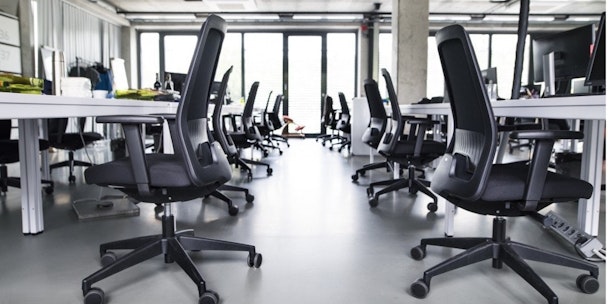Employees and employers in APAC disagree on work arrangements post-pandemic
Most employees in the Asia Pacific want flexibility by having a hybrid work arrangement, in contrast to employers who want a full return to the office post-pandemic.

72% of employers have implemented or plan to introduce condensed work week options
82% of employees recognize that it is important for their organization to provide flexibility in where and when employees work if it is feasible for their roles, the 2021 EY Work Reimagined Employer Survey found.
“There is an unprecedented level of competition for skills and talent right now. Our study shows that while most firms are looking to make changes in their future work strategies, many haven’t yet communicated what their plans are. This places those companies at a disadvantage when competing for employees who are wanting to hear more so that they can make plans for their future,” said Stephen Koss, workforce advisory leader at EY Asia-Pacific.
“Companies need to think about the employer that they aspire to be, identify the talent they are looking to secure, and accommodate the needs of existing and potential employees. Employees are more likely to rate the attractiveness of employers based on how particular companies responded to the pandemic and their role in promoting wellbeing. They respond best when leaders demonstrate their humanity by being empathetic and demonstrating care for their people.”
He added: “Keeping our focus on what humans need to perform at their best and taking a more empathetic approach will help improve staff wellbeing and productivity. We envision that companies will proactively identify the people-oriented investments and define the organizational changes that they need to make to achieve resilience across the enterprise.”
What did the study find?
-
84% of companies in the region intend to make moderate to extensive hybrid work changes and agree that they are actively promoting hybrid work to attract and retain talent.
-
Nearly three-quarters (72%) of employers have implemented or plan to introduce condensed work week options. However, only 45% are actively communicating their hybrid work plans to the workforce.
-
The top three changes to remote work from employers’ perspectives are enhancing technology (76%), implementing changes to work schedules (61%), and using analytics to measure remote productivity (52%).
-
Employers are planning investments in tools and technology to transition to new ways of working both in-office and in virtual environments. 75% plan to invest in better in-office technology.
-
In addition to better technology in the office, employees surveyed previously are calling for companies to invest in at-home technology for greater productivity when working remotely. To address employee needs, 56% of companies say they will invest in software to support collaboration for improved home office productivity.
-
77% of employers in the APAC region say that their organizational culture has changed and improved throughout the Covid-19 pandemic. Productivity has improved for 77% of survey respondents.
-
77% and 90% of companies surveyed expect to have restarted business travel in some regions by September 2021 and by the end of 2021, with 46% thinking it’s highly or extremely important for the leadership of the future.
-
However, 45% expect an overall decrease in post-pandemic business travel and many are re-evaluating their approach as a part of their new mobility strategy.
-
Health and safety are ongoing priorities for employers. 73% have implemented or are considering including health-evidencing procedures to ensure workplace safety, and most are looking at expanded vaccination mandates or incentives.
-
Employers in Asia-Pacific and globally envisage risks as they embark on their workforce transformation journey. Fairness or equity is the top challenge, with some jobs requiring a fixed location or schedule (64%).
-
To mitigate evolving risks, all companies in APAC that were surveyed plan to invest in people by enhancing their learning and skill development offerings.

